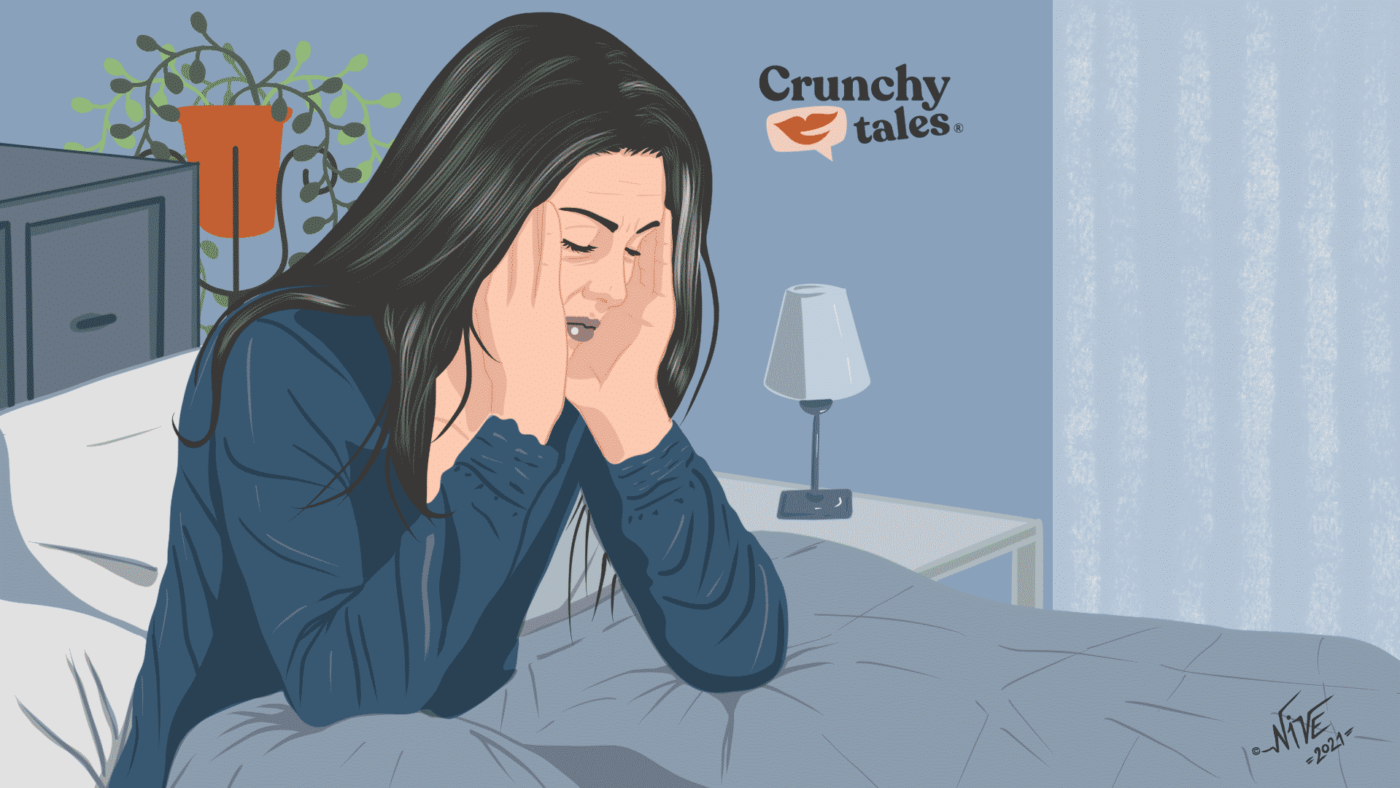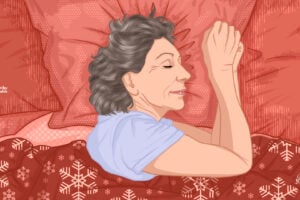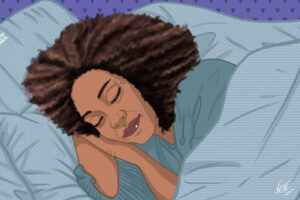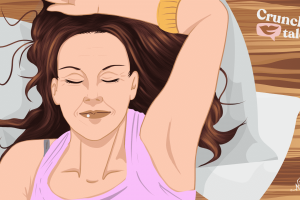Sleepless Nights: What You Need To Know As You Age
As we age, there slowly come more and more things that we might need less of. But, there is one, in particular, which if we don’t get right or enough of it can have a significant impact on our lives: that’s sleep.
A study from the U.S. Centers for Disease Control and Prevention found that close to 20 per cent of all American women aged 40 to 59 said they had trouble falling asleep on four or more nights in a week.
Sleep troubles were even more likely if the woman was in the years where she’s transitioning into menopause. Among these ladies, more than half (56 per cent) said they typically got less than the seven hours of sleep per night that experts deem restful and healthy.
What causes insomnia?
As we grow older our body produces lower levels of growth hormone, so we’ll likely experience more fragmented sleep. When this happens we produce less melatonin, meaning we’ll wake up more often during the night.
What’s more, according to Mayo Clinic‘s experts, stress, and poor sleep habits (eg. irregular bedtime schedule, uncomfortable sleep environment, using your bed for work, eating or watching TV) can interfere with our sleep cycle.
Eating too much late in the evening can also make things worse as may cause us to feel physically uncomfortable while lying down. We might experience heartburn, a backflow of acid and food from the stomach into the oesophagus after eating, which may keep you awake.
How do we prevent insomnia?
Clearly, getting a healthy night’s rest isn’t just a way to keep the wrinkles away for a little longer: it will actually make you healthier.
In fact, if insomnia becomes prolonged it can have a significant effect on our daily functioning and we may start showing symptoms of low mood, depression, poor concentration and memory, increased mistakes at home or work to name a few.
The shorter your sleep, the shorter your life span – says leading neuroscientist Matthew Walker, author of the bestseller “Why We Sleep: Unlocking the Power of Sleep and Dreams“-. Not sleeping enough, which for a portion of the population is a voluntary choice, significantly modifies your gene transcriptome—that is, the very essence of you, or at least you as defined biologically by your DNA. Neglect sleep, and you are deciding to perform a genetic engineering manipulation on yourself each night, tampering with the nucleic alphabet that spells out your daily health story.
So, how can we improve our sleep? Once you’ve overcome any serious medical conditions, it may be worth improving your daytime habits.
Sticking to a regular schedule, getting sunlight in the morning, and avoiding stimulants at the wrong times (caffeine, alcohol, nicotine), can help you continue to get restful sleep in your 50s.
Exercise might work, too. However, a simple stroll in the park may not be sufficient. If possible, The Sleep Foundation advises training within your age capacity to at least “two 20-minute sessions or one 30-to-40-minute session four times per week.”
Creating a relaxing bedtime ritual, such as taking a warm bath, reading or listening to soft music as well as getting involved in social activities (eg. volunteering, joining a club, or taking an education class) can also prepare your body for a good night’s sleep.
What about natural remedies?
If you require a little extra help, consider trying the following 4 natural sleep-promoting remedies.
- Melatonin: it’s a natural hormone that the brain produces to regulate the body’s sleep-wake cycle. Liquid or capsule dietary supplements of melatonin can help people with insomnia fall asleep more quickly. It can also help improve the quality of sleep.
- Valerian root: you can take valerian in the form of a tea, tincture, capsule, or tablet. It should be taken 30 minutes to two hours before bedtime.
- Magnesium: it’s a mineral that the body produces. It helps muscles relax and reduces stress. Many experts think that it can also help to encourage a healthy sleep-wake cycle. You can take tablets or choose foods that are rich in magnesium. The Sleep Foundation recommends a magnesium-rich snack, such as a banana, a mug of warm milk, or a small bowl of whole-grain cereals, about an hour before bedtime.
- Lavender oil: it’s an essential oil derived from the lavender plant. You can use litas a pillow spray or in a patch, massage oil, or an aromatherapy diffuser. It improves the onset of sleep, sleep duration, and quality of sleep.
If you’re having a really hard time falling or staying asleep a few times per week, and this has been going on for a few months, then it may be a sign of a more serious underlying problem. See your doctor for chronic issues.





